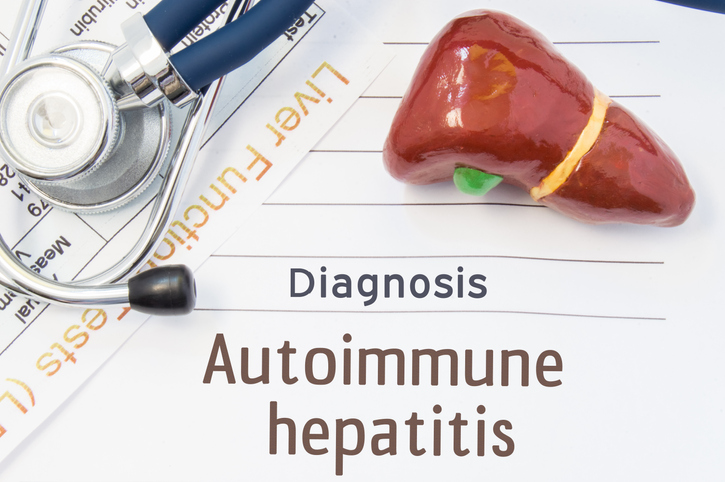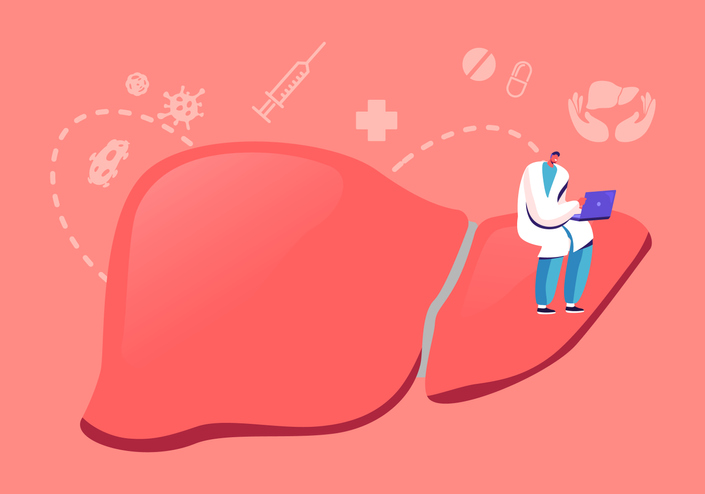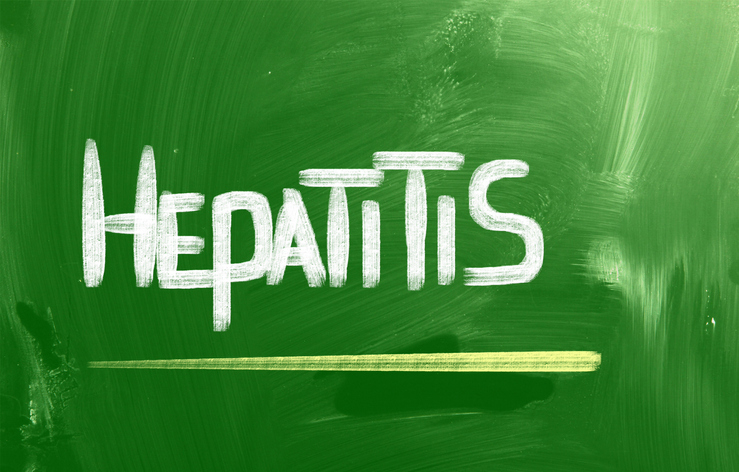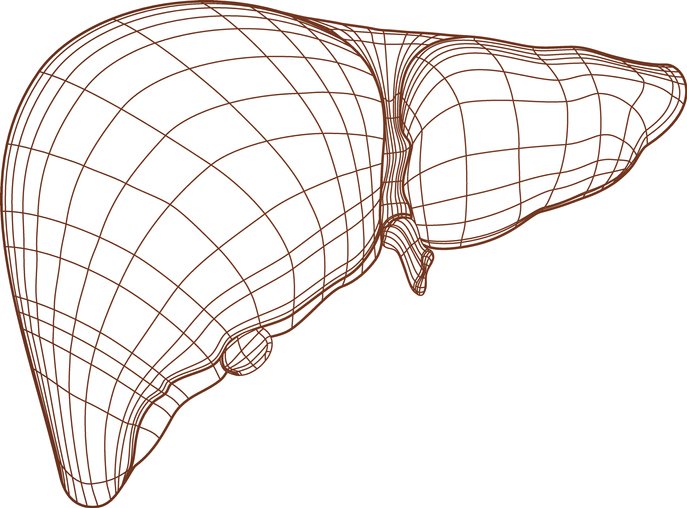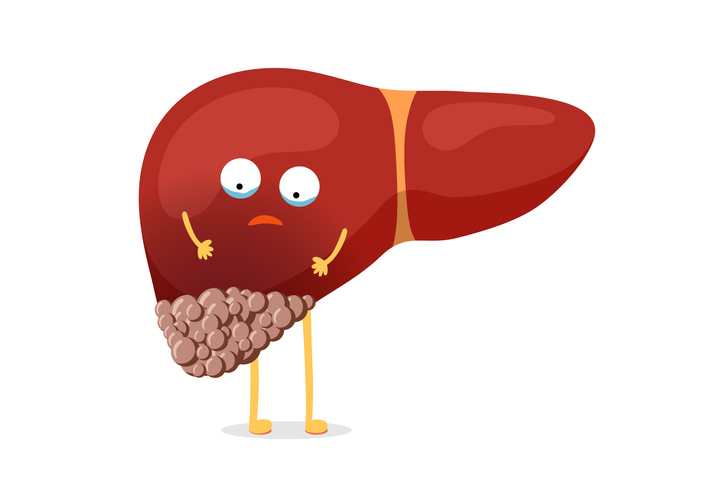Pain
Conventional Medical Treatments for Autoimmune Hepatitis
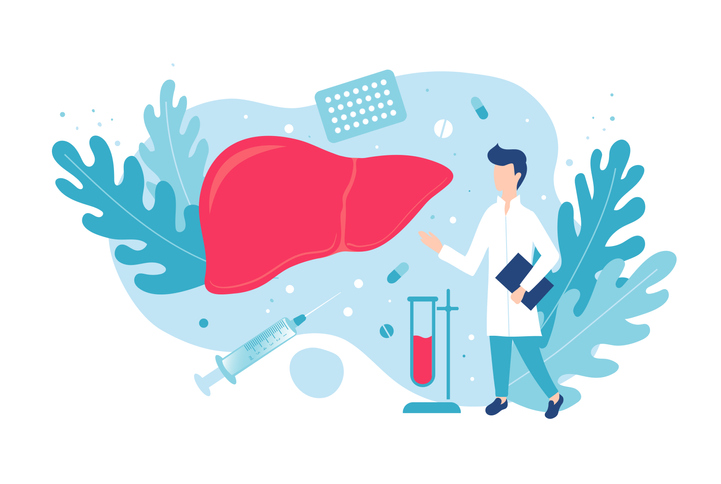
What is autoimmune hepatitis?
Autoimmune hepatitis (AIH) is an inflammatory condition of the liver. It occurs when the body’s immune system mistakenly attacks cells in the liver. AIH is a non-viral, non-contagious type of hepatitis.
Autoimmune hepatitis can lead to cirrhosis (severe scarring of the liver) and liver failure; however, treatment can halt, slow the progression, or even reverse liver damage. In general, treating autoimmune hepatitis involves corticosteroids and immunosuppressants. Between 80% and 90% of those with AIH are able to achieve remission using the standard treatment of prednisone (a corticosteroid) and azathioprine (an immunosuppressant).
Corticosteroids
Corticosteroids are usually the first line of treatment for AIH because they can quickly bring inflammation under control. They work by weakening the immune system.
- Prednisone is the most commonly prescribed corticosteroid for AIH. Prednisone has high systemic activity and can have many undesirable and serious side effects such as diabetes, osteoporosis, high blood pressure, cataracts, and weight gain.
- Budesonide is another type of corticosteroid that may be prescribed for AIH. Budesonide often has fewer side effects because it is less systemic and stays primarily within the digestive tract. Budesonide may not work well for those with cirrhosis.
Immunosuppressants
Immunosuppressants are usually prescribed in addition to prednisone. These may include traditional immunosuppressants or biologics.
Traditional immunosuppressants
Traditional immunosuppressants work by suppressing the activity of the entire immune system to stop the immune system from attacking healthy cells. Immunosuppressants that may be prescribed for AIH include the following:
- Azathioprine
- Mycophenolate mofetil
- Cyclosporine
- Tacrolimus
Biologics
Biologics, a newer class of immunosuppressants, are genetically engineered antibodies. While traditional immunosuppressants suppress the entire immune system, biologics work by targeting and suppressing specific segments of the immune system. Biologics that have benefited some with AIH include tumor necrosis factor inhibitors and B-cell inhibitors.
- Tumor necrosis factor (TNF) inhibitors, such as infliximab, work by blocking the activity of tumor necrosis factor (a protein produced by white blood cells that triggers inflammation). TNF inhibitors are sometimes associated with a drug-induced autoimmune hepatitis and should be used cautiously.
- B-cell inhibitors, such as rituximab, work by targeting B cells (a type of white blood cell) that play a role in the body’s immune response.
Liver transplant
If AIH progresses to cirrhosis or liver failure, the damaged liver may be removed and replaced with a healthy liver. Approximately 10% to 20% of those with AIH eventually require a liver transplant. AIH often recurs in the transplanted liver.
